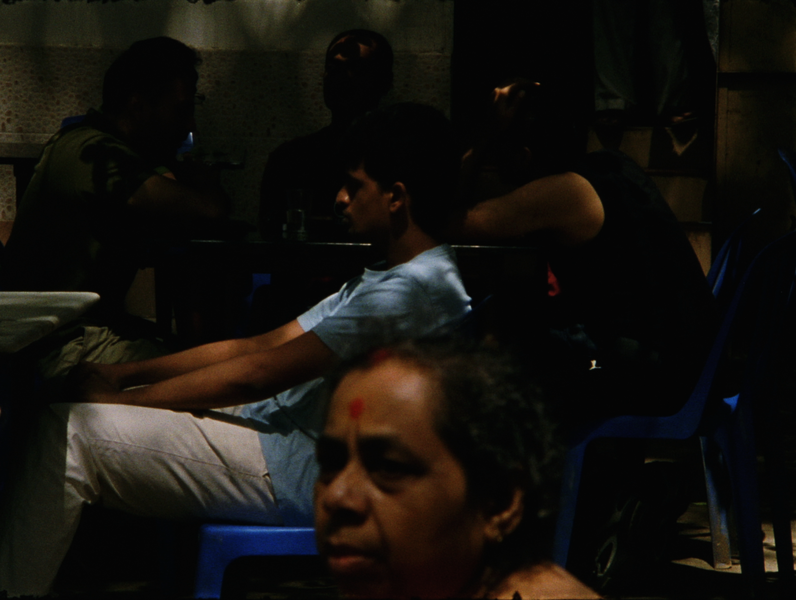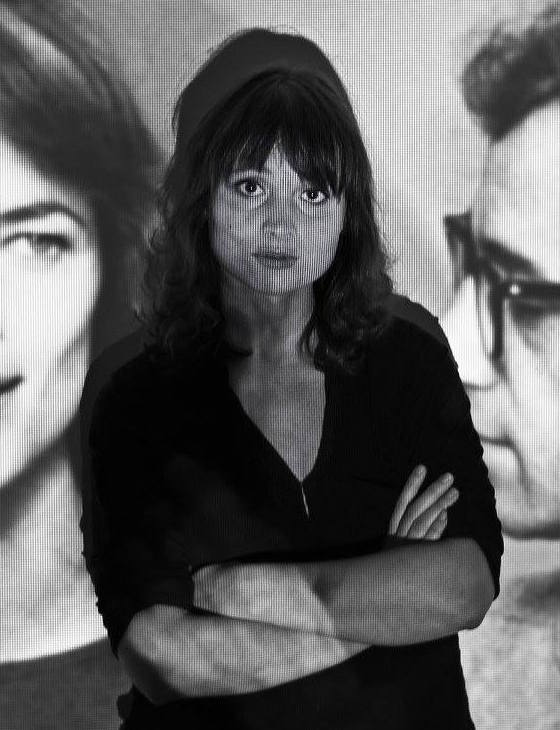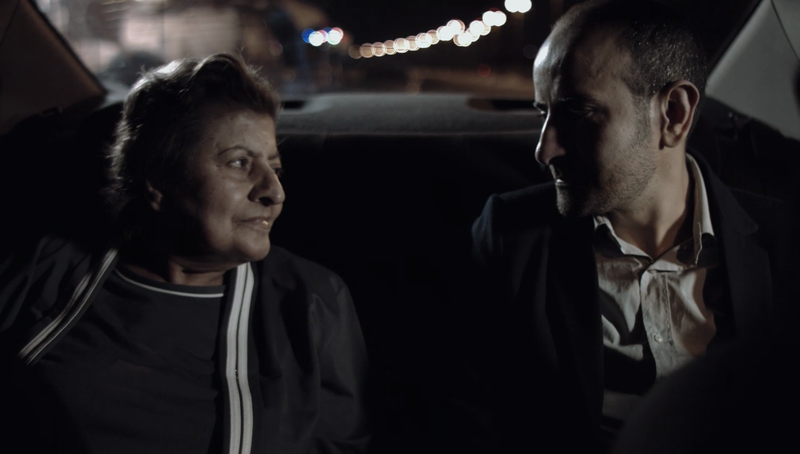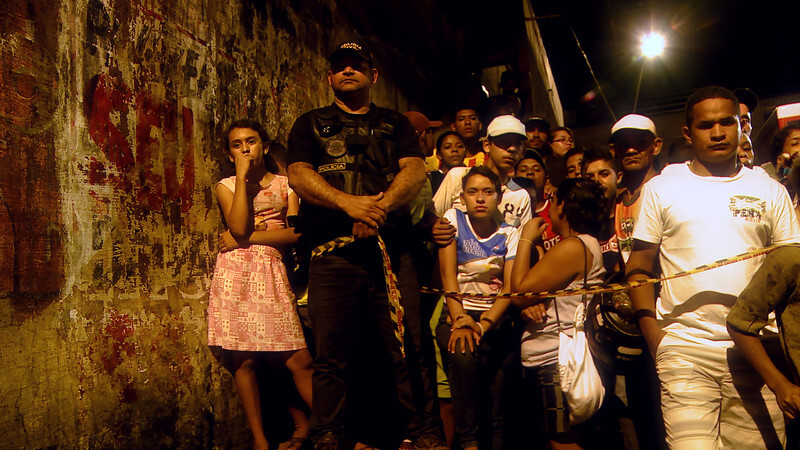Beyond the One
World literature is full of dedications to romantic love and all of its incarnations. Numerous collections of love poetry or prose love scenes have been published as books in their own right, like musical compilations of the best love songs of a particular era, or even of all time. All of them celebrate what Western culture deems the highest of all human experiences, the essence of the happiest moments of adulthood, the meaning and the fulfilment of human life. “Love”, though defined in drastically different ways throughout history, seems to have taken on an ahistoric, eternal character. The narrative of one true love suddenly seems to have been here forever, and has thereby obscured even further the social structures of Western culture it was meant to justify in the first place.
That is precisely what Italian director Anna Marziano’s Beyond the One is about. With its careful arrangement of excerpts from music, film and literature, it aims to do precisely the opposite of those ubiquitous collections of romantic material. Marziano consciously chooses not to indulge her audience in pleasant fantasies or the pleasures of the familiar, but instead to reject the notion of “one true love.” She exposes the ideology underneath, almost violently deconstructing the myth in order to extrude the lived realities within. Finally, Beyond the One aims to offer alternate visions of love, those which have historically been seen as what love is not.
The storytellers of her film speak through texts originating from all over the world, from India to France. They have all been emotionally or physically hurt by the common ideas of “love.” There are children growing up with a fear of relationships and adults hanging on to theirs because they seek to heal the remnants of past emotional scars. Women speak of being abused physically and sexually under the state-sanctioned, religious institutions of marriage, also supposedly based on love. Marziano’s poetry collection is melancholic rather than elated, her sequence of scenes sobering instead of escapist, and her love songs are compiled from progressive tunes rather than golden oldies Beyond the One, true to its title, completes these testimonies with passages dedicated to alternative, broad-minded, even queer practices of love. These may be rooted in a contemporary belief in consensual, ethical and non-heteronormative relationships, or they may be just a largely forgotten part of history.
This is not to say that Beyond the One is so embedded in its own politics and didacticism that has no sense of beauty.t is just not found exactly where we might expect. As the film progresses, the narrative starts to dissolve, giving way to formal experiments. Theory and politics, embedded in the carefully compiled master narrative of, finally start giving way to lyricism. Shot on Super 8 and 16mm, Beyond the One is as geographic as it is cinematic. It’s a journey through music, film and literature, patiently tracing their various forms through its playful interweaving of dreamy visuals. Ultimately, Marziano’s essay on love is not argumentative, but poetic. At its core, Beyond the One is without a doubt beautiful, and perhaps one of the rare examples of theory and poetics working together in film.
|
|
Tina PoglajenTina Poglajen is a freelance film critic based in Ljubljana, Slovenia. She works for the national radio, the film magazine Ekran and occasionally writes for international outlets such as Cineuropa, Film Comment and Indiewire. She is also the president of the Slovenian national section of FIPRESCI. |




